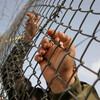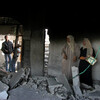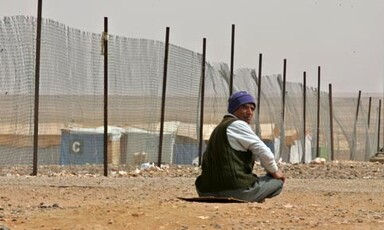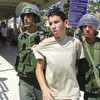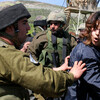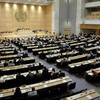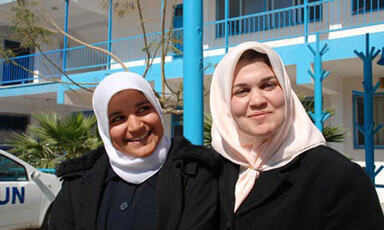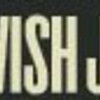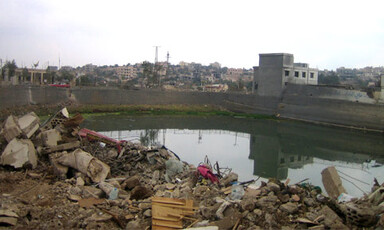
Water supply is priority issue for the south
12 March 2007
KHIYAM, 12 March 2007 (IRIN) - Water supply to hundreds of thousands of people across southern Lebanon remains the priority development issue, say officials, seven months after Israel’s bombardment of the area severely damaged an already inadequate water and sanitation system. The UN Children’s Agency, UNICEF, is implementing a series of projects across Lebanon to improve water supply, through its Water, Environment, Sanitation and Hygiene (WESH) unit. According to WESH figures, only 56 percent of Lebanese are connected to the mains water supply, which in poorer rural areas sometimes only works one day a week. Read more about Water supply is priority issue for the south
